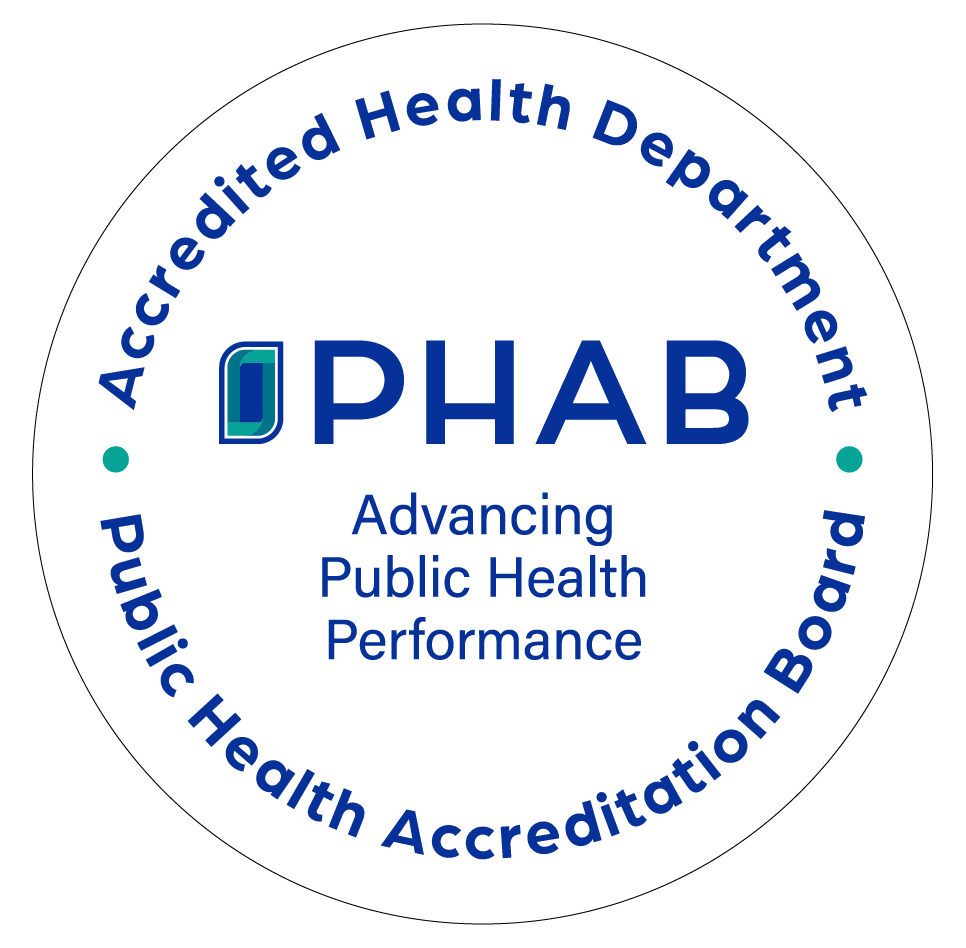Overview
The Primary Care Office (PCO) works to assess the need for primary care services and providers, promote the recruitment and retention of health care providers to help meet identified needs, and help reduce shortages of health care providers in Indiana. The objective of the PCO is to improve access to health care services for people who are uninsured, isolated, or medically vulnerable.
The work of the PCO is supported by the U.S. Department of Health and Human Services in the Bureau of Health Workforce. The Indiana Primary Care Office provides healthcare workforce and shortage designation analysis, technical assistance, and acts as a liaison between federal, state, and local partners.
Activities of the Primary Care Office include but are not limited to:
- Conducting a statewide community needs assessment
- Coordinating the HPSA and MUA/P designation processes
- Collecting and recording provider data
- Providing technical assistance and collaboration to expand access to primary care, including coordination of NHSC programs and provider recruitment and retention
- Collaborating with Health Center workforce planning and development
- Collaborating with other HRSA partners and organizations to support access to primary care services
- Community Health Centers
Community Health Centers (CHCs) serve as invaluable resources in expanding access to essential primary healthcare services by addressing barriers such as cost, lack of insurance, distance, and language. These centers yield significant advantages to both the nation and its healthcare system by working towards improving access to care, promoting preventive services, and ultimately improving overall health outcomes for individuals and communities. The Office of Primary Care administers the State Community Health Center Operating Grant.
- Indiana Primary Care Learning Collaborative
The Indiana Primary Care Learning Collaborative brings together a large number of teams from hospitals or clinics to learn from each other and the content experts on how to improve in specific areas.

